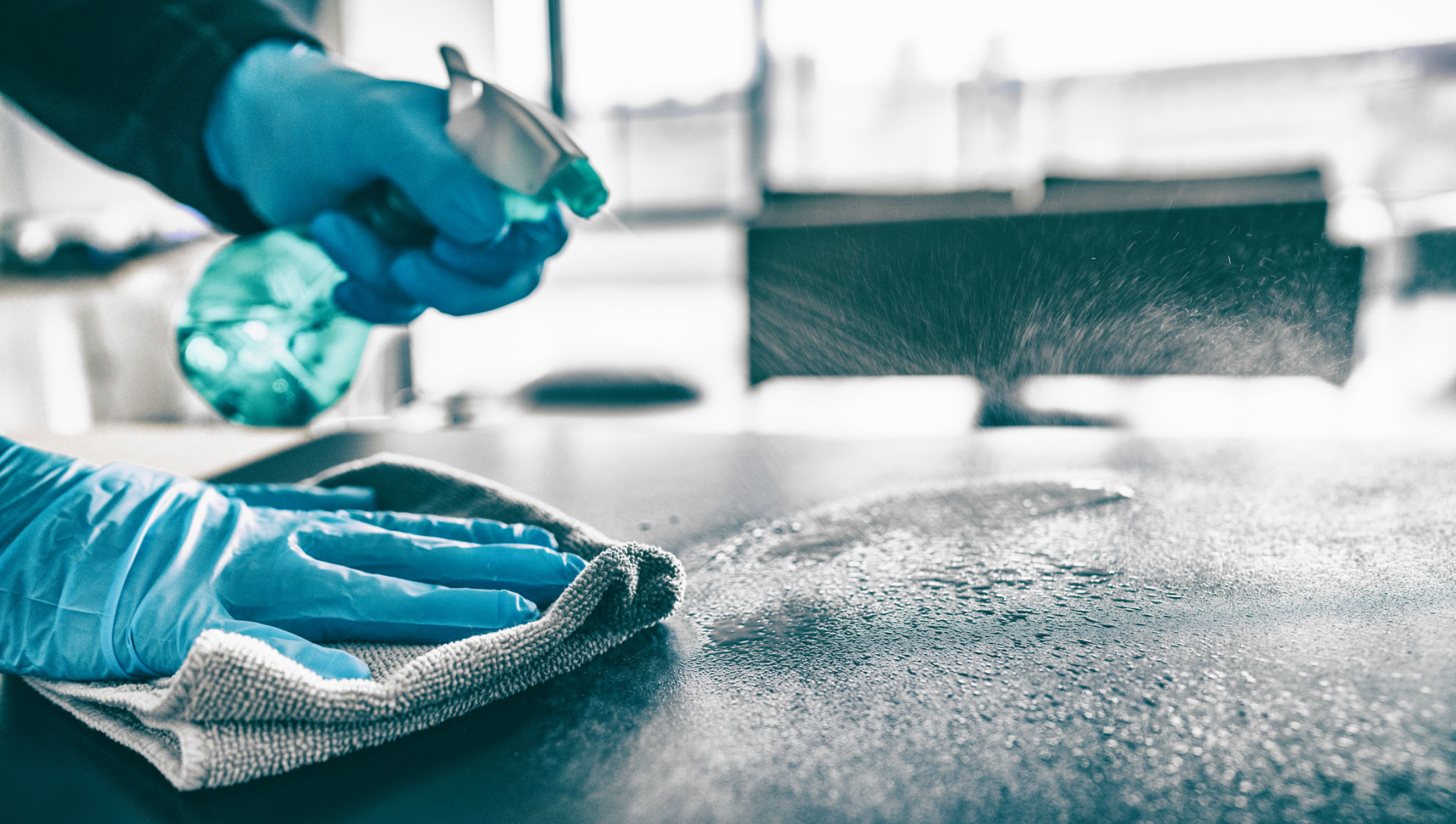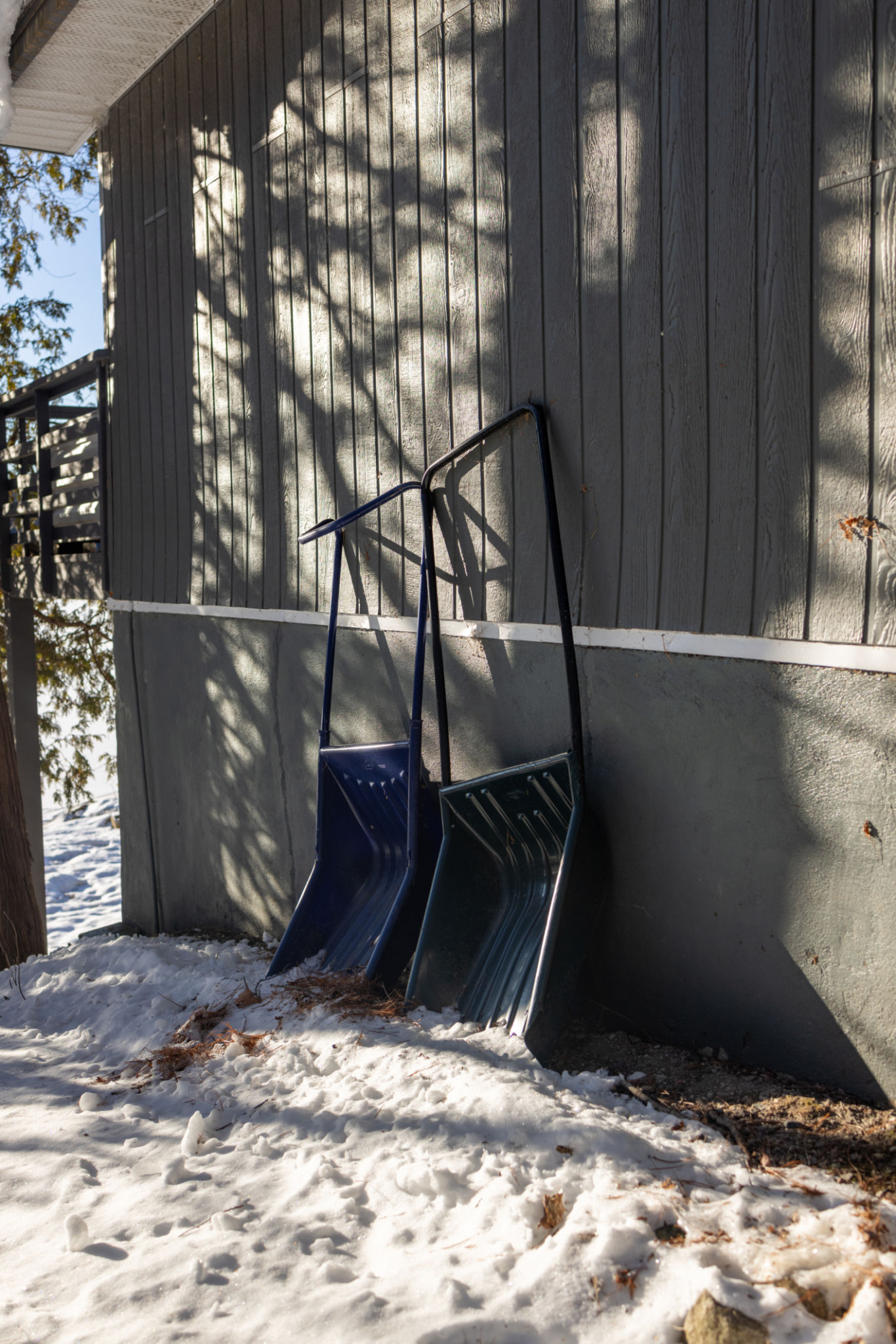Pressure Washing vs. Soft Washing: Which is Right for Your Home?
Understanding the Basics: Pressure Washing
Pressure washing is a cleaning method that uses high-pressure water spray to remove dirt, grime, mold, and other contaminants from surfaces. It's particularly effective for hard surfaces like concrete driveways, sidewalks, and brick walls. The powerful stream of water can quickly and efficiently clean these areas, making them look new again. However, the force of pressure washing can sometimes be too intense for more delicate surfaces.
One of the main advantages of pressure washing is its ability to tackle tough stains and buildup. It's an ideal choice for tasks that require deep cleaning power. However, it's essential to know that improper use can cause damage to certain materials, leading to costly repairs.

Diving Into Soft Washing
Soft washing is a gentler alternative that uses low-pressure water combined with specialized cleaning solutions to clean surfaces. The solutions help break down dirt and contaminants without the need for high pressure, making this method safe for more fragile areas such as painted wood, siding, roofs, and screens.
The effectiveness of soft washing lies in its ability to clean thoroughly without damaging surfaces. It's particularly beneficial for removing organic growth like algae and mildew that can thrive on roofs and shaded areas. This method not only cleans but also sanitizes surfaces, helping prevent future growth of harmful organisms.

Comparing Pressure Washing and Soft Washing
When choosing between pressure washing and soft washing, consider the surface you're cleaning. For hard surfaces like concrete, pressure washing may be the best option due to its powerful cleaning capabilities. However, for more delicate surfaces, soft washing is the preferred choice to avoid potential damage.
Another factor to consider is the type of dirt or stains you're dealing with. Pressure washing is effective against stubborn stains and deep-seated grime, while soft washing is excellent for organic growth like mold and algae.

Environmental Considerations
Both methods have environmental impacts to consider. Pressure washing uses a significant amount of water in a short period, which might be a concern in areas with water restrictions. Soft washing uses less water but relies on chemical solutions, so it's crucial to use biodegradable and eco-friendly products to minimize environmental harm.
It's essential to weigh these factors when deciding which method to use, especially if you're conscious of your environmental footprint. Choosing the right approach can ensure effective cleaning while being mindful of nature.
Making the Right Choice for Your Home
Deciding between pressure washing and soft washing depends largely on your specific cleaning needs. For homeowners looking to clean sturdy surfaces quickly and efficiently, pressure washing is a strong contender. On the other hand, if protecting delicate surfaces and combating organic growth are your priorities, soft washing offers a safer solution.
Ultimately, understanding the unique requirements of your property and the strengths of each method will guide you in making the best decision. Whether you opt for pressure or soft washing, both techniques can effectively enhance your home's curb appeal when used appropriately.
